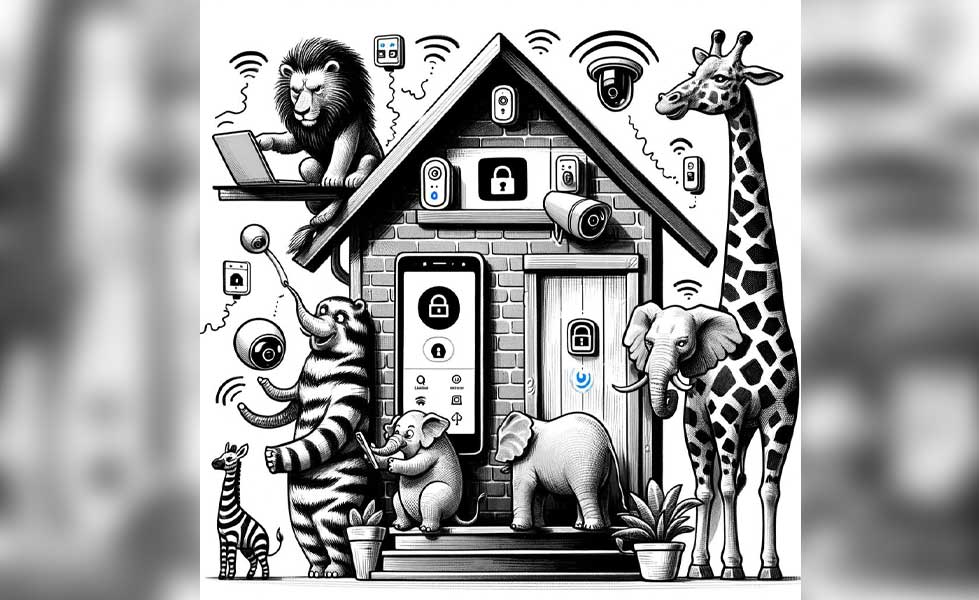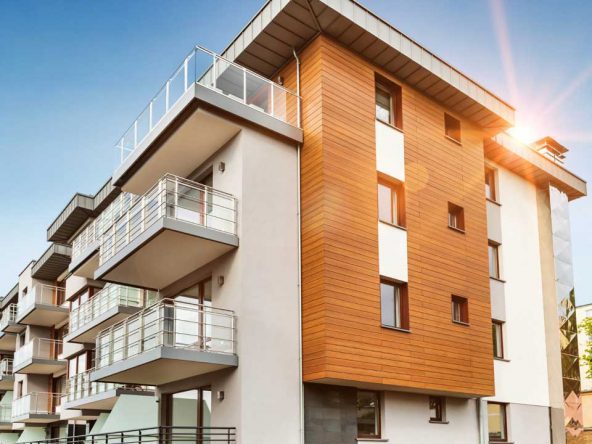As Kenya continues to embrace digital transformation, the adoption of smart home security systems has become increasingly popular among homeowners seeking to enhance the security and efficiency of their properties. This newsletter delves into the essence of smart home security systems in Kenya, exploring their functionality, legislative framework, installation processes, and their associated advantages and disadvantages, along with practical solutions.
What are Smart Home Security Systems?
Smart home security systems in Kenya integrate various devices like surveillance cameras, motion detectors, smart locks, and alarms into a cohesive network managed through the internet. These systems offer real-time monitoring and control capabilities, allowing homeowners to oversee their property remotely from any location. They utilize Internet of Things (IoT) technology, enabling devices within the system to communicate with each other and with the user through a centralised platform or mobile application.
How Do Smart Home Security Systems Work?
These systems function through a network of devices connected to a central hub or cloud service, which communicates with the homeowner’s smartphone or computer. Users can control their system remotely, activating or deactivating devices, viewing live camera feeds, and receiving alerts on potential security breaches. The integration of these devices facilitates a comprehensive approach to home security, allowing for immediate response and interaction with the system from anywhere in the world.
Legislation Governing Smart Home Security Systems
In Kenya, the use of smart home security systems is subject to legislation related to privacy, data protection, and electronic communication. The Kenya Information and Communications Act, along with the Data Protection Act, outlines the legal framework for handling and processing personal data, ensuring the protection of individuals’ privacy. Users of smart home security systems must comply with these regulations, ensuring that their use of technology does not infringe on the privacy rights of individuals or violate data protection laws.
Installing Smart Home Security Systems
The installation of smart home security systems is a multi-faceted process that begins with planning and assessment. Homeowners need to evaluate their security requirements and pinpoint potential threats to decide on the most suitable components for their system. Following this initial phase, the next crucial step is choosing the right system that aligns with specific needs and budget constraints. It involves considering various factors such as device compatibility, system scalability, and ease of use to ensure the selected system meets all requirements effectively.
After selecting the system, homeowners face the decision of whether to opt for professional installation or to embark on a do-it-yourself (DIY) installation journey. The complexity of the system plays a significant role in this decision. For more comprehensive systems, professional installation is often recommended to guarantee optimal functionality and reliability. Once the system is in place, it’s essential to configure and test it thoroughly. This final step ensures that all components are operating correctly and providing the desired level of security coverage, thus completing the installation process and setting the stage for enhanced home security.
Pros and Cons of Smart Home Security Systems
Advantages:
- Enhanced Security: Real-time monitoring and alerts help deter potential intruders and enable quick response to security incidents.
- Convenience: Remote management capabilities allow homeowners to control their security system from anywhere, adding a layer of convenience to home security.
- Integration and Automation: These systems can integrate with other smart home devices, creating a seamless and automated home environment.
Disadvantages:
- Cost: The initial investment and ongoing maintenance for these systems can be significant, making it a considerable factor for many homeowners.
- Complexity: The technical nature of these systems can pose challenges for users who are not tech-savvy, potentially leading to underutilization or mismanagement of the system.
- Privacy and Security Risks: The reliance on internet connectivity exposes users to privacy and cybersecurity risks, including data breaches and hacking.
Solutions for Addressing the Cons
To mitigate the disadvantages associated with smart home security systems, it is advisable to adopt a strategic approach that encompasses cost management, education and training, and enhanced cybersecurity measures. Managing costs effectively involves exploring the market to identify a system that provides the best value for money, while also seeking scalable solutions that permit gradual expansion, helping to distribute costs over time. Additionally, leveraging the educational resources such as training sessions, tutorials, and user manuals offered by manufacturers or service providers can significantly aid in fully comprehending the system’s functionality.
Moreover, bolstering cybersecurity practices is crucial in safeguarding the system against potential threats. This can be achieved by implementing regular software updates and maintaining secure network configurations. The use of strong, unique passwords is also essential to enhance security, along with the consideration of encryption and VPN services to protect data transmission, thus ensuring a robust defence against cyber threats.
Conclusion
Smart home security systems in Kenya offer a sophisticated approach to home security, blending convenience, integration, and advanced technology to create a safer living environment. However, potential users must consider the legal, financial, and technical implications of these systems. By understanding the legislative framework, carefully planning the installation process, and addressing the associated challenges, homeowners can effectively enhance their home security while navigating the complexities of smart home technology.
Disclaimer:
Please note that the information provided in this article is for general informational purposes only and should not be construed as legal advice. It is always advisable to consult with a qualified legal professional to discuss your specific circumstances and obtain tailored legal counsel.





